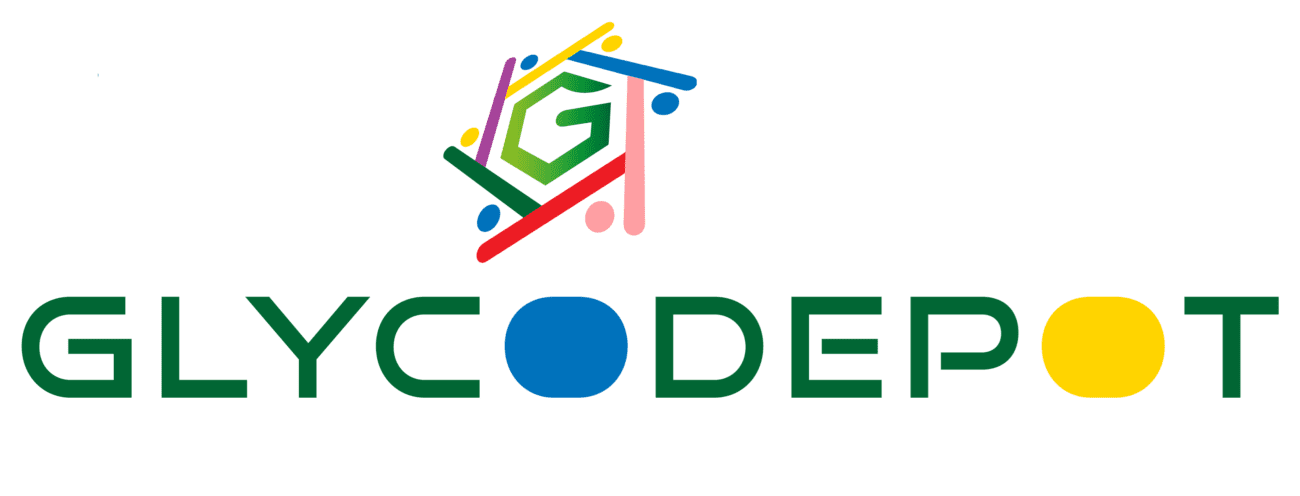

Blood group glycans are more than just sugar chains—they are the biochemical gatekeepers of immune recognition, compatibility, and disease pathways. At Glycodepot, we offer high-purity blood group glycans engineered for clarity, consistency, and scientific impact. Whether you’re decoding the glycan chain in transfusion science or analyzing glycan structure in infectious disease, our precision products support every step of your research.
Blood group glycans are basically tiny sugar name tags stuck to the surface of your red blood cells. They hitch a ride on proteins and fats, quietly defining whether you’re Type A, B, AB, or O—not by some grand system, but by the specific way those sugars are arranged. It’s molecular identity at its sweetest (literally). Swap out just one sugar, and boom—you’re a different blood type. But they’re more than just labels. Each glycan group acts like a cellular ID card, helping your immune system recognize what belongs and what doesn’t. That’s why even small differences in these sugars can mean the difference between a safe blood transfusion and a dangerous immune reaction.
So, what is the actual blood group glycans function?
A single change in the glycan structure can alter your blood type and influence how your immune system reacts to foreign cells or infections.
Ever wondered why some transfusions save lives while others cause immune reactions? It all comes down to the glycan chain. Each individual’s blood type is defined by the terminal sugars on their red blood cells—tiny differences that make a huge impact. Glycan groups must match precisely between donor and recipient to avoid dangerous immune responses.
Our glycans blood groups are trusted by diagnostics companies, academic labs, and biotech researchers for applications like:
Explore our curated inventory of glycan groups, including:
Each batch undergoes rigorous quality control, ensuring consistency in glycan structure, purity, and activity.
Studying blood group glycans leads to advancements in:
Glycan chains are also emerging as potential biomarkers in oncology and immunology. In short, understanding these sugar signatures could help personalize medicine across the board.
The ABO system is determined by enzymatic modifications to a shared glycan chain.
Change the sugar, change the blood type. It’s that exact.
At Glycodepot, we’re more than a supplier—we’re a scientific ally. Here’s how we help:
A: Imagine your cells wearing tiny name tags made of sugar. That’s basically what blood group glycans are. When everything matches, your immune system gives a nod and moves on. But if it sees a name tag it doesn’t recognize, like during a mismatched transfusion or transplant, it can freak out and sound the alarms. That immune reaction? All thanks to those tiny sugar labels.
A: These sugars aren’t just decorative—they’re doing real work in hospitals and labs. First, they help figure out your blood type, which is pretty essential before anyone puts someone else’s blood into your body. But beyond that, glycans are getting attention for disease detection and even in tailoring treatments. Doctors can look at your glycan patterns to predict how you might respond to a vaccine or a drug. Basically, they’re part of the growing toolkit of personalized medicine.
A: Glycans are like biological breadcrumbs. When something’s off in your body—say, an infection, inflammation, or a sneaky tumor—these sugars often leave a trace. Scientists are learning how to follow those trails to catch diseases earlier, or even stop them in their tracks. Whether they’re waving a red flag or giving us a therapeutic target, glycans are quickly becoming the unsung heroes of modern diagnostics and treatment.